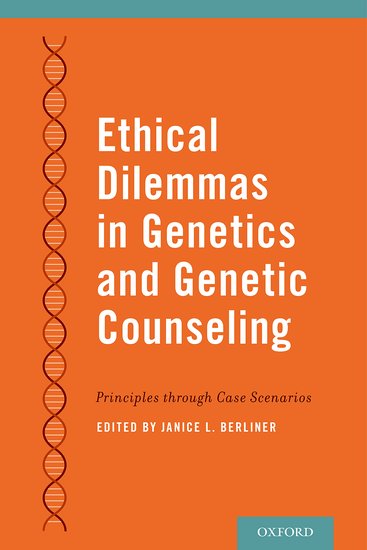There’s always been questions about the ethics of working in genetics. Jobs in the field are multiplying because of new advances. This brings up additional questions about the morality of it all. Bioethicists are agog.
DNA and its moderating processes are, indisputably, the stuff that programs our biology. Sure we’re learning more now about how other elements – the environment, our proteome, biome and others – influence the final outcomes of our looks, intelligence, health, etc. But at the core, our genes and chromosomes play a fundamental role in who we are.
When Your Job Is Playing God
Tinkering with the very material that defines us from within is controversial. People with jobs in the IVF (In Vitro Fertilization) field, for instance, get accused of playing god: choosing not only which eggs and sperm get used in fertilization, but screening embryos for deleterious features (such as chromosome number discrepancies).
That’s certainly a different kind of work than, say, a bookkeeper does. Far from the everyday tasks of someone selling insurance. In fact a career in IVF and its associated support services is fraught with literal life altering decisions. Parents ultimately choose which fertilized embryo will be implanted. However the IVF workers execute the actual procedures.
Altering Humans For A Living
In the past few years fertilization specialists have begun to take a backstage to Gene Therapists. This latest iteration of DNA scientists and medical personnel also have the power to change human beings from the inside out. Those are heavy duty responsibilities! Consider the ethical concerns surrounding developing treatments using altered genes to “cure” diseases and conditions.
The price tag alone raises eyebrows. The first batch of FDA approved gene therapies cost hundreds of thousands of dollars. At least one commands a price tag of $1,000,000. How is this fair to people who might never afford such procedures? Is it morally acceptable to edit germline genes where the outcomes will be passed hereditarily to future generations?
A Bioethicist’s Work These Days Calls For Solomon’s Wisdom
Whether to test new therapies that might leave lasting harm to a patient’s genome. How to draw a line between eradicating disease vs. “enhancing” the human species. Imagine making those kinds of judgment calls as part of your job.
There are few, if any, definitive answers here. It’s terra incognito for the most part. Ever since CRISPR/Cas9 made editing genes a relative snap, and off-target effects have become more controllable (at least for the known ones), the possibilities for revising our nucleic acid arrangements are becoming vast. Yet the guidelines, never mind rules and laws, that govern this realm have generally not kept up. Bring in the lawyers, yet another career affected by these emerging trends.
More Genetic Jobs And Careers Springing Up
Stay tuned for upcoming disruption. Jobs in genomic healthcare are just in their beginning. Watch as pharmacogenetics shakes up the pharmaceutical industry. Personalized medicine and home DNA kits are being leveraged by a new generation of fitness trainers and dietitians.
In the future, a full, accurate genomic assay will cost less than $100. Lesser tests are available at present for that price point. All sorts of entrepreneurs and employees are prepping for these developments.
Beneath it all are societal and personal values being challenged by what’s happening. Careers that are premised on (or deeply touched by) genetics are starting to burst forth. Will their ethical standards fall or rise?

Leave a Reply